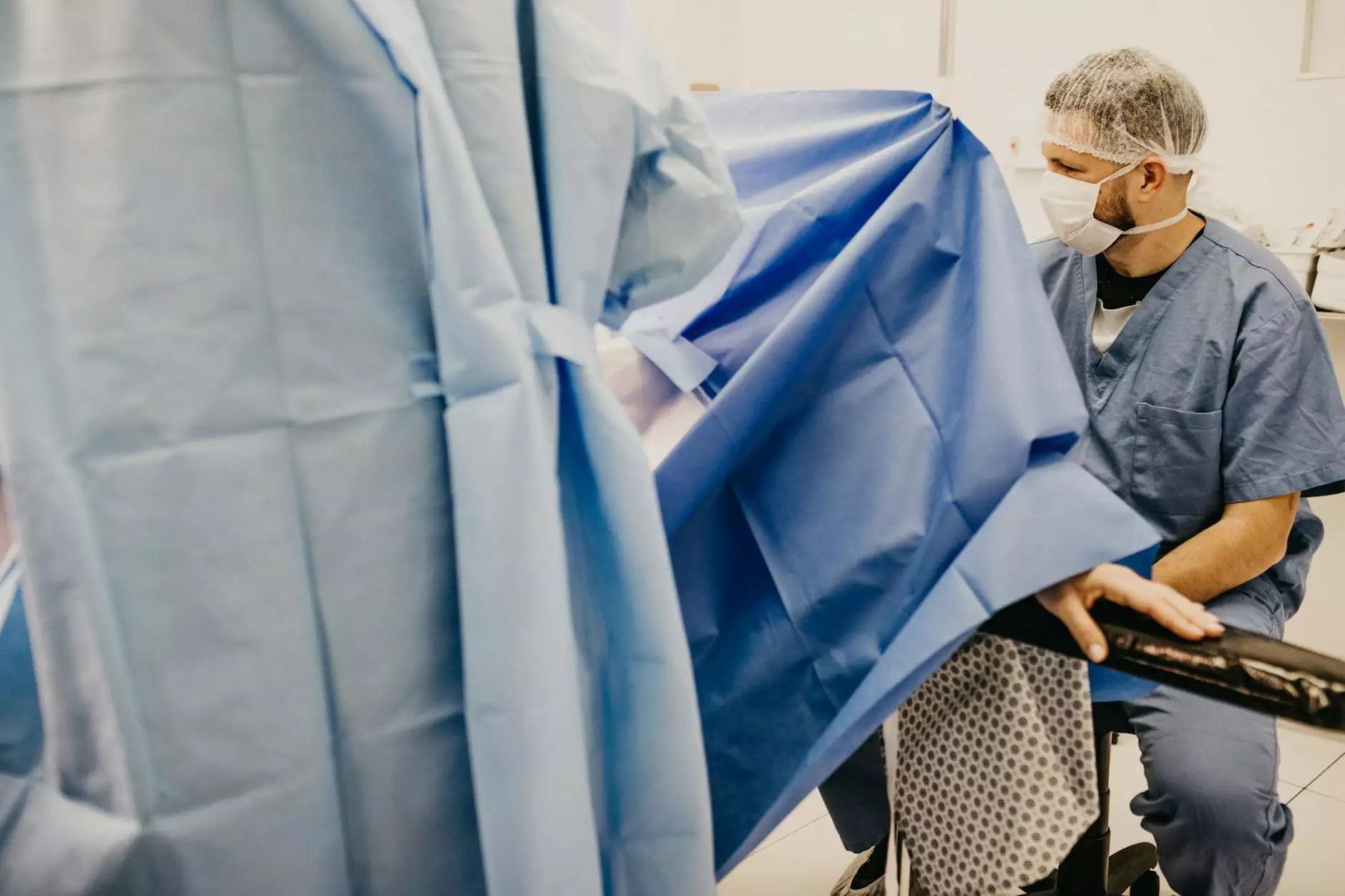Understanding Hysterectomy: Risks, Benefits, and What to Consider

The decision to undergo a hysterectomy is significant and deeply personal. This surgical procedure, which involves the removal of the uterus, can be necessary for various medical reasons, including fibroids, endometriosis, uterine prolapse, and cancer. While many women undergo this procedure safely, it is essential to understand the hysterectomy risk of death, as well as other complications, to make an informed decision.
The Basics of Hysterectomy
A hysterectomy is a surgical operation that results in the removal of a woman’s uterus. Depending on individual health circumstances and the condition being treated, the procedure may also involve the removal of cervix, ovaries, and fallopian tubes. Hysterectomies can be performed through different approaches:
- Abdominal Hysterectomy: Involves making a larger incision in the abdomen.
- Vaginal Hysterectomy: The uterus is removed through the vagina, usually involving smaller incisions.
- Laparoscopic Hysterectomy: Minimally invasive technique using small incisions and a camera.
Why is a Hysterectomy Performed?
There are various reasons for undergoing a hysterectomy. Some of the most common include:
- Uterine Fibroids: Noncancerous growths that can cause pain and heavy bleeding.
- Endometriosis: A condition in which tissue similar to the lining inside the uterus grows outside of it, causing pain.
- Uterine Prolapse: A condition where the uterus falls into the vaginal canal due to weakened pelvic support.
- Gynecological Cancers: Hysterectomy may be performed as a treatment or preventive measure for cancers of the uterus, cervix, or ovaries.
Assessing Risks: The Hysterectomy Risk of Death
While the vast majority of hysterectomies are performed without complications, it is crucial to discuss the hysterectomy risk of death with your healthcare provider. The *risk of death* associated with a hysterectomy is generally low, particularly when the surgery is elective and the patient is healthy. However, risks can increase depending on factors such as age, overall health, and the presence of any underlying medical conditions.
Factors That Can Influence Hysterectomy Risks
Several factors may contribute to the risk of complications during and after a hysterectomy, including:
- Age: Older patients may have a higher risk of complications.
- Obesity: Higher body weight can complicate surgery and recovery.
- Chronic Medical Conditions: Conditions like diabetes or heart disease can elevate risks.
- Type of Hysterectomy: Abdominal hysterectomies generally have a higher risk profile than vaginal or laparoscopic procedures.
Understanding Mortality Rates
The overall mortality rate for hysterectomy is very low, particularly in younger women without serious health issues. Various studies indicate that the risk of death from a hysterectomy is approximately 0.5% or less in elective cases. Patients should follow their surgeon's advice and guidelines to minimize their risks.
Preparing for a Hysterectomy
Proper preparation can significantly reduce the risks associated with a hysterectomy. Here are some steps that you can take:
- Medical Evaluation: Undergoing a thorough medical evaluation to assess your health status.
- Discussing Medications: Informing your provider about all medications and supplements you take.
- Arranging Support: Having a support system in place for after the surgery.
- Following Pre-Operative Instructions: Adhering strictly to any fasting or medication guidelines from your healthcare provider.
Post-operative Care and Recovery
After the surgery, recovery protocols are essential for minimizing risks. Here’s what to expect:
- Pain Management: There may be discomfort; pain relief options will be provided.
- Physical Activity: Initially, physical activity will be limited to allow healing.
- Follow-Up Appointments: Regular check-ups to monitor recovery progress and manage any complications.
- Recognizing Complications: Being vigilant for any signs of complications like severe pain, bleeding, or infection.
Common Questions About Hysterectomy
Women often have questions regarding the hysterectomy process. Here are answers to a few commonly asked questions:
- Will I need hormone therapy after a hysterectomy? Hormone therapy may be necessary if ovaries are removed.
- What are the alternatives to hysterectomy? Alternatives may include medication, watchful waiting, or less invasive procedures depending on the condition.
- Can I still have children after a hysterectomy? No, a hysterectomy eliminates the possibility of natural childbirth.
The Importance of Choosing the Right Surgeon
Choosing a skilled and experienced surgeon is paramount to ensuring the best outcomes and minimizing risks associated with a hysterectomy. Here are some tips for selecting the right healthcare provider:
- Research Credentials: Look for board-certified gynecologists with specific experience in performing hysterectomies.
- Seek Referrals: Ask your primary care physician for recommendations.
- Read Reviews: Patient reviews can provide insight into other patients' experiences.
- Discuss Experience: Ask potential surgeons about their experience with the specific type of hysterectomy you may need.
Conclusion
In conclusion, understanding the hysterectomy risk of death and other risks associated with the procedure is crucial for any woman considering this surgery. While the risks remain low for most patients, being informed, prepared, and properly supported throughout the process is essential for ensuring a smooth experience and successful recovery.
Consult with your healthcare provider for individual assessment and make an informed decision regarding your health choices. Visit drseckin.com for more information on gynecological health and expert medical advice.









